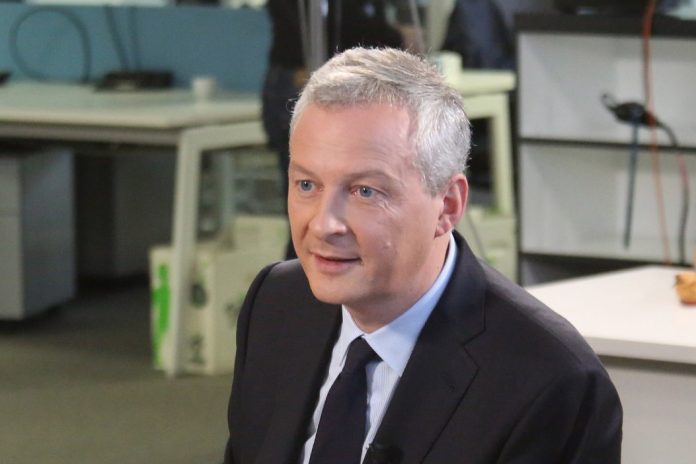The European Union remains committed to the 2015 Iran nuclear deal, despite United States President Donald Trump’s decision to “withdraw”.
While French Foreign Minister Jean-Yves Le Drian insisted the deal was “not dead”, the Reuters news agency reported that companies with active Iranian investments or plans mostly stayed quiet on the viability of those projects beyond a “wind-down” period of three to six months until the US re-imposes sanctions on entities doing business with Tehran. The sanctions had been waived under the three-year-old nuclear deal.
For instance, the German industrial giant Siemens is still “assessing the implications of the Iran decision”, its Chief Financial Officer Ralf Thomas told reporters on a call.
“One of the strongest industrialised countries in the world has made a political decision – as an industrial company we have to recognise that,” Thomas said. Existing projects will be completed “as far as legally possible”, he added.
According to Reuters, companies worst affected are likely to include plane manufacturer Airbus (AIR.PA), Peugeot maker PSA Group (PEUP.PA) and its fellow French automaker Renault (RENA.PA).
France is seeking an understanding with the US to safeguard its carmakers’ significant Iran investments, a government official said. PSA, which sold 445,000 vehicles in Iran last year, called on the European Union to maintain a united front in defence of the nuclear agreement.
In response, France, Germany and Italy have introduced euro-denominated export guarantees designed to avoid US dollar exposure and withstand sanctions. The EU may resort to sanctions-blocking statutes ordering companies not to comply, reported Reuters.
However, Bloomberg noted that Iran’s Supreme Leader Ayatollah Ali Khamenei does not trust Germany, France and the UK.
“I don’t trust these three countries either,” Khamenei said on his website. “If you want to have a deal, we need practical guarantees otherwise they will do the same as the US. If they can’t give definitive guarantees, it won’t be possible to continue.”
According to Bloomberg, it is uncertain whether the EU, China and Russia will be able to ensure Iran receives the promised economic benefits – including free access to international oil markets and accelerating flows of trade and investment – that persuaded the Iran’s leaders to sign up to an agreement capping its nuclear programme.
“The international reach of US sanctions makes the US the economic policeman of the planet, and that is not acceptable,” French Finance Minister Bruno Le Maire said in an interview on France Culture radio on May 9. He branded Trump’s decision a “major mistake” and said he’ll lobby Treasury Secretary Steven Mnuchin this week to grant exemptions for European firms.
“Iran will now turn to the Europeans and say: “This happened. What are you going to do?’” said Amir Handjani, a senior fellow at the Atlantic Council, told Bloomberg.
“Iran wants more than just political rhetoric from European leaders,” he said – and that won’t be easy to deliver. “It’s one thing for the EU to say we remain committed and we won’t take steps that will undermine the deal. It’s another for European companies and banks to trade and invest in Iran.”
Meanwhile, in the UK, The Guardian reported the Foreign Office issued revised recommendations to British firms investing in Iran, urging them to consult the US Treasury sanctions plans, as well as to seek their own legal advice on them.
The UK’s Middle East minister, Alistair Burt, admitted it was self-evident that Trump had not listened to Europe on the Iran deal. “On this issue he has not listened, that is absolutely correct. But now we have got to seek to persuade him and others there other ways of tackling the challenges he has set out,” Burt told BBC Radio 4’s Today programme.
“We won’t be seeking to make him go back on something. He won’t do that. But there are other ways forward and it is our job to make sure those other ways work, and work in a non-confrontational fashion, no matter how difficult that is in a tricky region.”
Burt said the UK would continue to pursue plans to persuade Iran to reach an agreement to curtail its ballistic missile programme and interventions in Syria, Yemen and Iraq.

